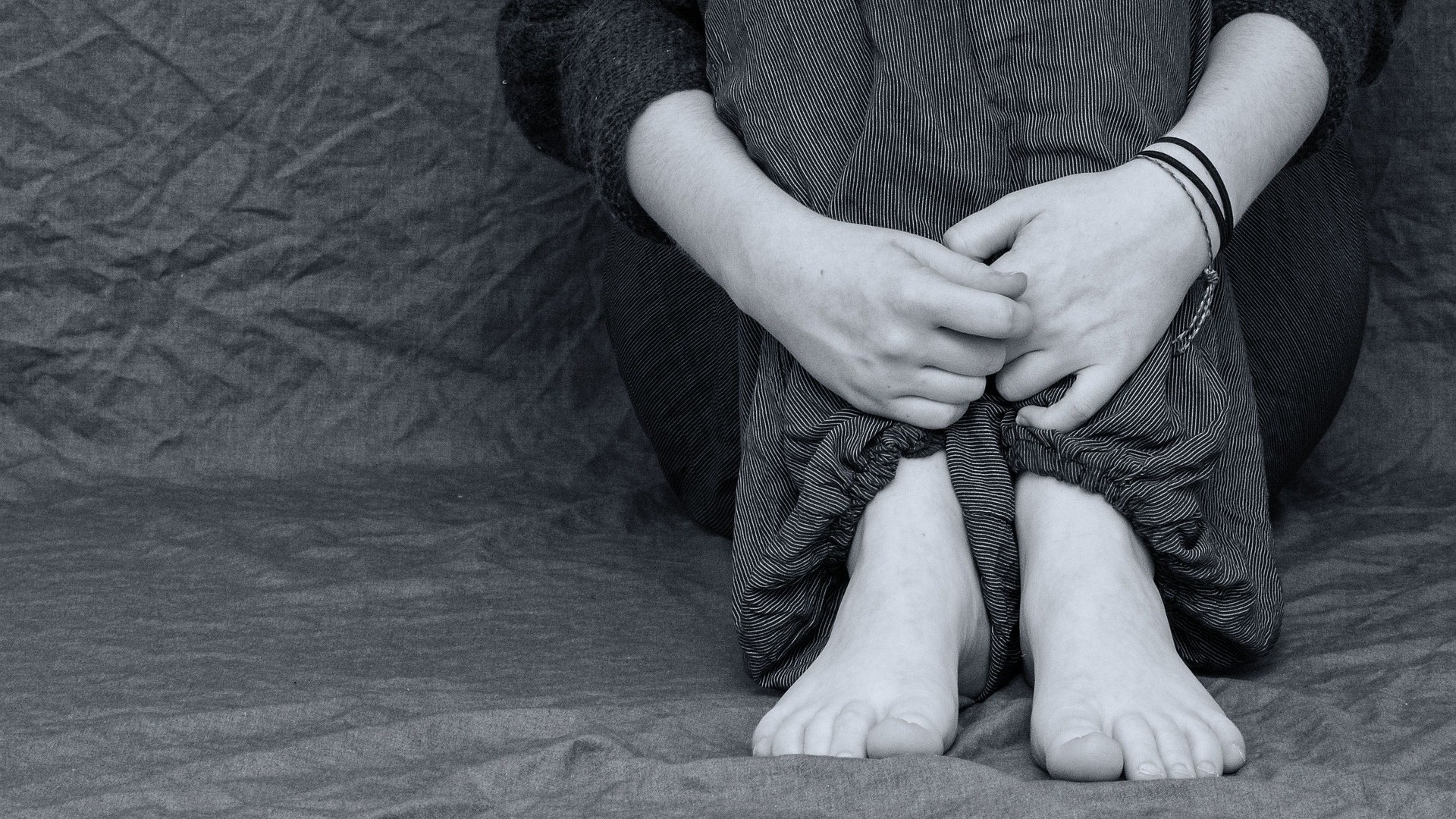Depression e anxiety are the main disturbances that Covid-19 has brought with it. According to a study by University of Queensland, in Australia, published on the occasion of the World Mental Health Day in the magazine The Lancet, an estimated 53 million cases in more than major depression (+ 28%) and 76 million more cases anxiety disorders (+ 26%) directly linked to the pandemic. The countries hardest hit by Covid, and in particular women and young people, pay more in terms of mental illness. Nearly 52 million of the additional anxiety cases involved women women, engraved by additional responsibilities during lockdowns and often victims of Domestic violence, which was more easily hidden within the four walls as a result of restrictions. While the closure of schools and the limitation in movements caused young people to be the most affected, with additional cases of anxiety and depression peaking among people aged 20-24. Mental health, the authors say, was already burdened in the pre-pandemic era with few resources from governments and health systems, and now the situation has worsened heavily due to the pandemic that led to it. uncertainty e unease, economic difficulties e working.
And if every year over a million people die for substance abuse, now the picture can only get worse as one in 4 young people aged 18-24 (25%) said they had increased the use of substances to cope with stress from Covid. Also i suicides, with the peak in Japan where, from June to October 2020, extreme gestures grew by 16% compared to the same period of the previous year. In the poorer countries there is also the aggravation of the lack of assistance.
To pay for the effects of isolation also i children with an increase, almost doubled, of the negative feelings, as well as of depression, anxiety, loneliness e self-harm. According to a survey conducted by Save the Children in September 2020 of over 13,000 children in 46 countries, in countries where schools have been closed for 17-19 weeks, psychological distress increased in 96% of cases. And the disparity already existing have become harsh. “Mental health and psychosocial support, as part of health education and protection services, need to be urgently funded to better respond to the upcoming lockdowns and challenges, especially in low- and middle-income countries. there will be serious consequences on the development and mental health of the next generations, “he commented Marie Dahl, Head of the Save the Children Mental Health Unit.
